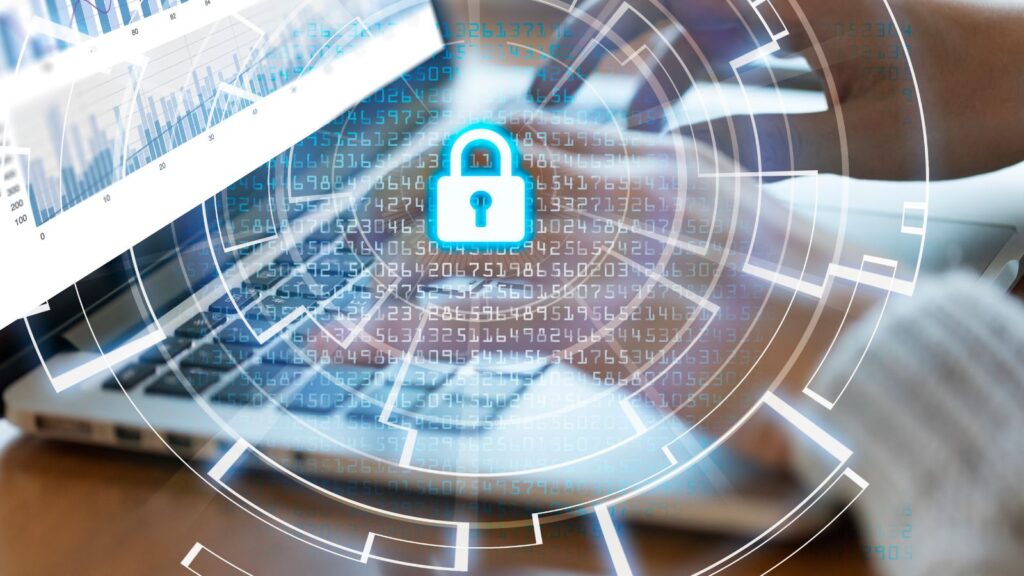
and networks against bugs, vulnerabilities, and hacks. As companies are implementing blockchain auditing, those that do not undertake an audit take a significant risk of exposing themselves and their users. It will work in their favor if they prioritize audits when launching decentralized applications (dApps) or managing risky protocols.
What’s involved in a blockchain security audit?
A blockchain security audit dives deep into a system’s code and backend, particularly the applications running on the blockchain. It looks into possible vulnerabilities that bad actors can exploit and introduces appropriate fixes.
Audits are generally conducted on core areas of a blockchain.
- Smart contract analysis: Auditors check the codes that make up a smart contract for potential bugs and weaknesses. They comb through each line to minimize, if not prevent, breaches.
- Network and protocol checks: Checks are done on different elements of a network, such as protocol logic and consensus algorithms.
- Threat modeling: There are many ways a system can be exploited, and auditors simulate every possible scenario to identify where risks lie.
- Compliance and coding standards: A blockchain must follow regulatory guidance set by the industry across the board, and auditors check for compliance.
For blockchain projects, especially those involving crypto assets and sensitive data, skipping an audit can be an expensive or potentially deadly lapse in judgment for everyone.
Why are Blockchain Security Audits Important?
Blockchain technology has grown significantly over the past few years, but with that growth, there are risks. With the blockchain trends leaning into DeFi, NFTs, and cross-chain communication, the diversity of risks is growing too.
Here’s why audits are not just helpful, but necessary:
- Highly valuable targets: So many smart contracts manage millions (and sometimes billions) in digital assets! There is a lot to gain for attackers, especially if they are lucky and the attack vector is not obvious.
- Immutability: Once live, smart contracts are immutable and, if bugs are present, it will take a lot of workarounds (and probably user losses) to rectify.
- Complex ecosystems: Modern decentralized applications typically involve multiple chains or oracles, which increases the number of possible weak points.
- Real-world impact: Hacks and other breaches don’t just affect the code, but also affect the users, investors, and institutional reputations of those involved.
- Increased Transparency: As regulation in the space increases, primarily in the US, blockchain projects will have to defend their practices, as the community will demand to see evidence that blockchain projects have exercised due diligence.
In closing, security audits help assure you, your team, and your community that your blockchain application is technically and legally ready for the real world. As a decentralized system, blockchain is often marketed as less vulnerable than a centralized setup. Still, they’re not entirely immune to attacks, which is why regular security audits are essential. These checks play a vital role in the safety and reliability of blockchain-based applications. If you want to know more about the audit process, contact the experts at Hashlock for professional advice.












